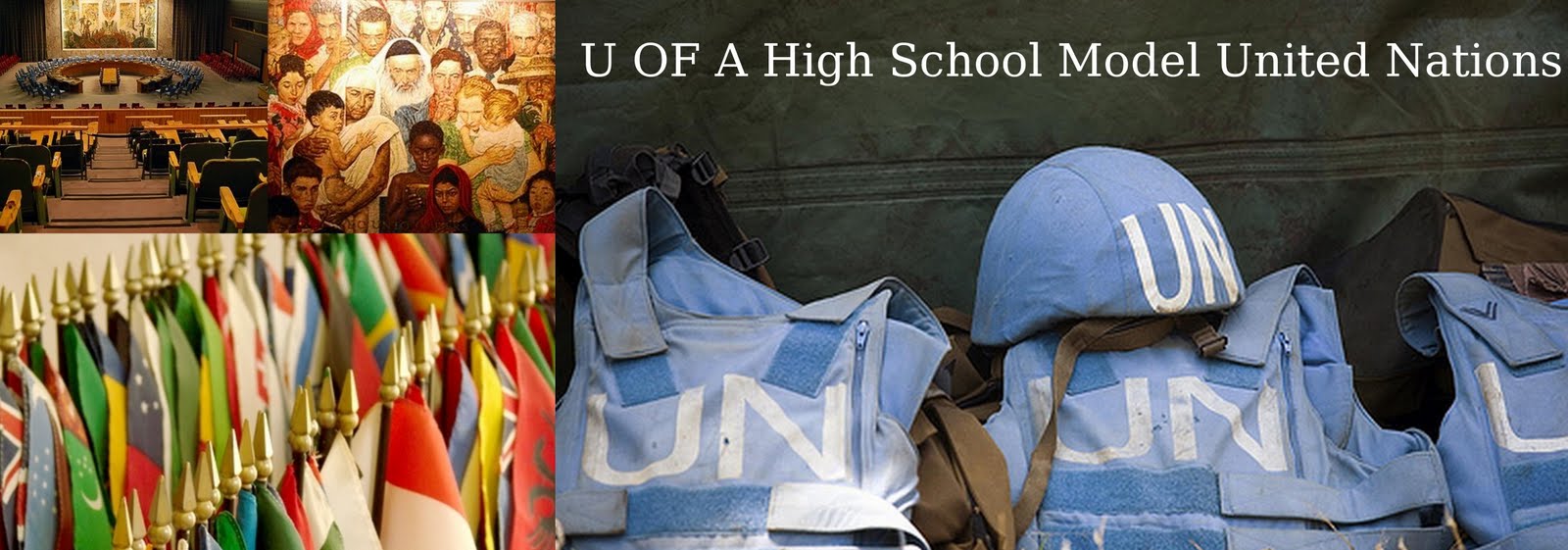
While delegates will wish to remain updated on international events directly relating to their committees and topics, HSMUN is also an opportunity to become better acquainted with the UN's role throughout the world. Comments on past and current UN actions will often be relevant to debate and may even come up in crisis situations. This blog will periodically focus on some major conflicts, conferences, negotiations or debates that the UN plays a role in as they come up in the news or as we feel they become more relevant.
This post contains links to articles on the ongoing conflict in the Democratic Republic of Congo which will be useful in particular for delegates in SPECPOL dealing with the stewardship of natural resources in conflict. Since the DRC gained independence from Belgium in the 1960s it has been in a continual state of upheaval although it was ruled by Mobutu for 32 years (with the use of questionable electoral tactics and alleged use of force). In 1994, as a result of the ethnic strife in neighbouring Rwanda, the DRC suffered a series of insurrections and the Mobutu regime was toppled to be replaced by Laurent Kabila and is now ruled by his son, Joseph Kabila.

After the 1997 insurrection, conflict in the DRC escalated and the period from 1998-2003 has come to be known as the African World War or the Second Congo War. Related conflict still continues and in the past 10 years it is estimated to have caused over 3.5 million deaths and displaced an estimated one million people. The ongoing violence has been further complicated by the DRC's rich deposits of natural resources. There have been accusations that conflict has been prolonged to allow both sides to loot them.
Recently, UN peacekeepers in the region have been given orders to harden their stance and fire on any armed groups trying to enter the city of Goma where thousands of people are fleeing to. Beginning with a relatively small force, UN peacekeepers have been in the region since 2000 as part of the MONUC force. There are now 17000 UN peacekeepers stationed in the DRC, its largest mission in the world. Despite this there have been allegations that troops are merely "tourists".
The recent surge in violence and the ongoing humanitarian crises have brought the DRC to international attention. Pertinent links have been provided below:
- BBC coverage of humanitarian crisis (the BBC has a number of excellent articles on the overall conflict as well)
- Human Rights Watch portal to reports and articles on the DRC
- UN portal for involvement in the DRC (including an announcement of the Secretary-General's involvement in a new peace summit)
- Report from 2001 on illegal resource extraction in the DRC





No comments:
Post a Comment